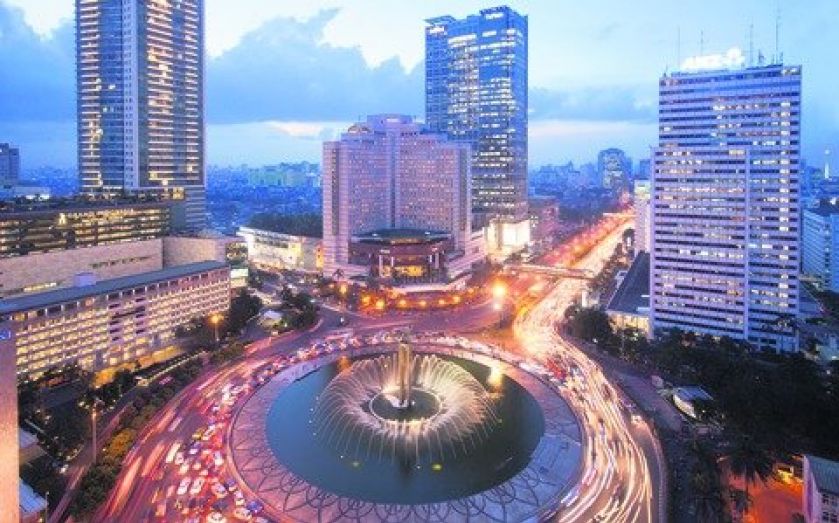CNBC Comment: Emerging Asia is in a dangerous situation

THE STORY of money being withdrawn from emerging markets is arguably overdone. But just as it chased a more thrilling adventure in a risk-free world of easy monetary policy, money is now seeking the comforts of home as markets price in tighter conditions. That spells a dangerous road for Asia’s shining hopes.
Take Indonesia, often described as the next China, with its cheap manufacturing, natural resources, and an economy where domestic consumption accounts for 65 per cent of growth. For investors tired of high debt and negative growth, Indonesia told a story of hope after its recovery from the Asian Financial Crisis. Debt, over 150 per cent of GDP in 1998, has declined to about 25 per cent. Growth has been chugging along around 6 per cent and the deficit is expected to be about 2.5 per cent of GDP in 2013. Fitch and Moody’s upgraded the country to investment grade in 2011.
The archipelago nation is not without its challenges. Inflation spiked to a four-year high of 8.6 per cent in July, terrible infrastructure shackles competitiveness, while corruption and security concerns persist. But more important for the suddenly discerning investor is that pesky external balance, fuelled by Jakarta’s expensive petrol subsidy to keep the masses happy, and lower export income.
“Debt does not get you into trouble, it is the banking system and current account balance,” says Andrew Sheets of Morgan Stanley. Bank Indonesia recently revealed that the current account deficit widened to $9.8bn in the second quarter, triggering a further exodus of investors. Merrill Lynch found the deficit equated to 4.4 per cent of GDP in the three months, effectively the largest since the 1997-98 Asian Financial Crisis.
Bank Indonesia is confident of a reduction in the third quarter, after steps to lower the fuel subsidy. The World Bank described the savings as significant but uncertain, if the rupiah kept falling and global energy prices rose. Unfortunately those twin problems are occurring. Oil remains elevated and traders are selling the rupiah, despite measures on Friday to rein in the deficit. Finance minister Chatib Basri announced higher import taxes on luxury goods, pledged to lower oil imports, and tax breaks for exporters.
Bank Indonesia has scrambled to intervene in the rupiah and has hiked interest rates by 75 per cent since May. But David Lubin of Citi has criticised the moves as too slow. He also warned of the next danger for countries like Indonesia once the Fed tapers QE. “International commercial banks could pull their loans instead of rolling over claims on borrowers. Banks finance at the short end of the yield curve, which hasn’t moved. When it does move there will be more outflows,” he said. Emerging market Asia is facing its most dangerous moment since the Asian Financial Crisis.
Karen Tso is an anchor for Squawk Box Europe on CNBC. @cnbckaren